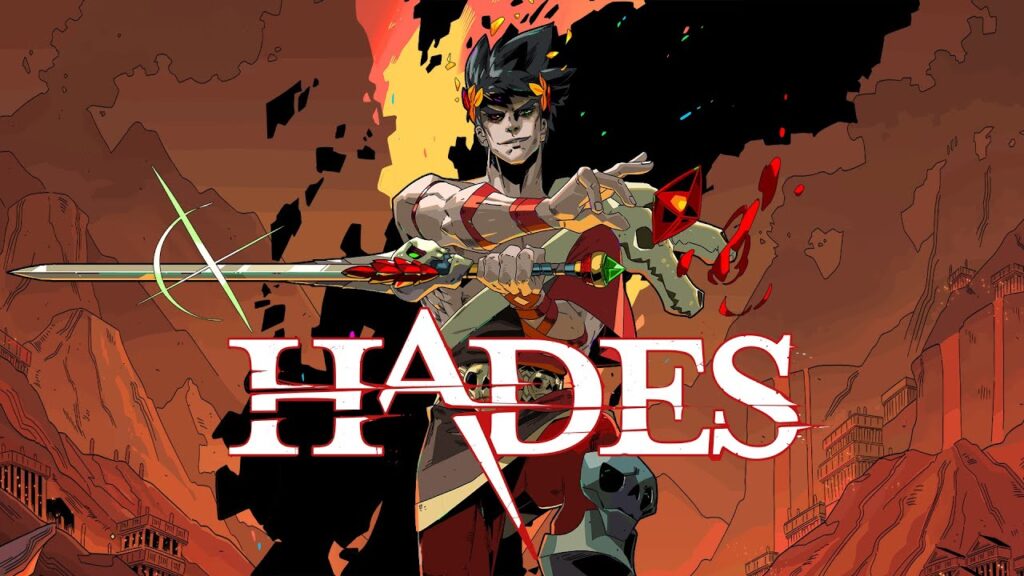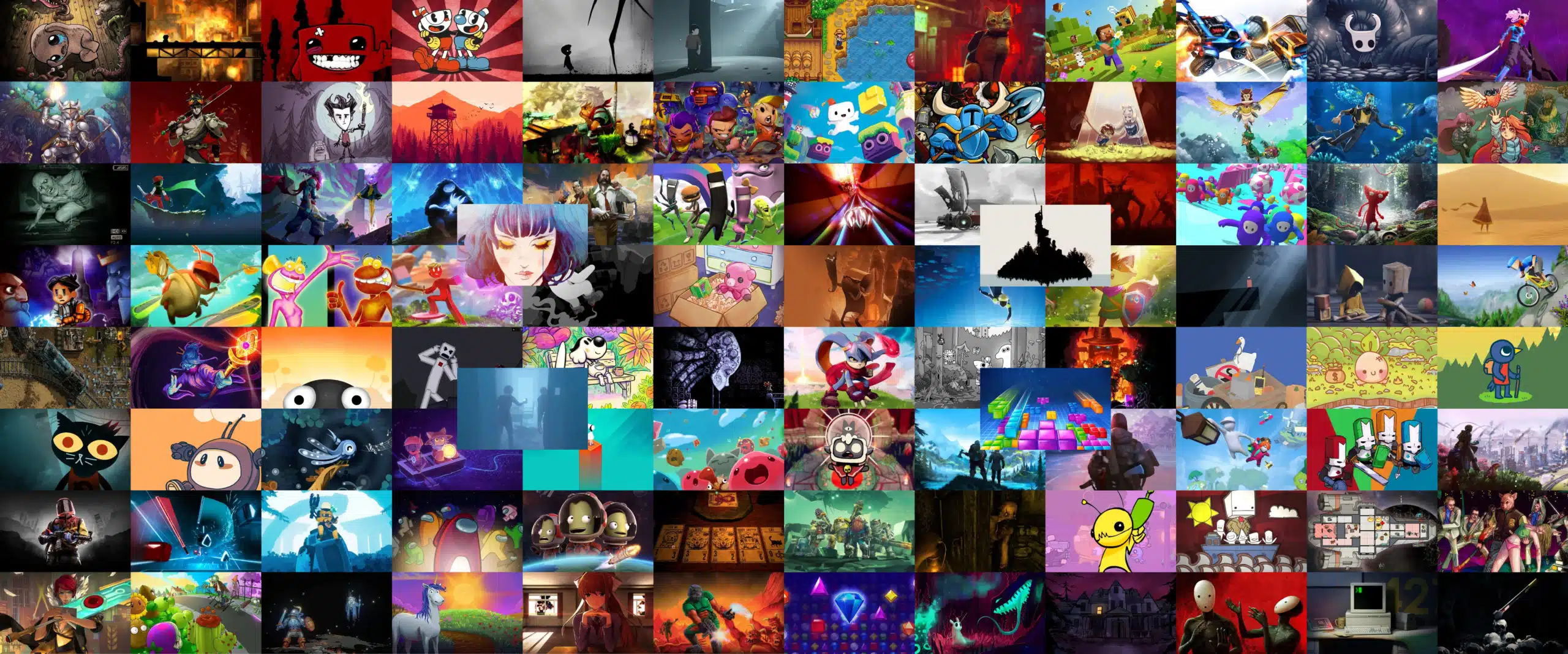Hades

Hades manages to redefine what players might expect from a hack-and-slash game by introducing a combat system that’s both quick and fluid, offering a fresh twist on a familiar formula. This game isn’t just about mindlessly slashing through enemies. Instead, it invites you to immerse yourself in a dynamic storytelling experience that unfolds as you play, particularly when you fail and try again.
Every time you face defeat in Hades, the narrative cleverly deepens. This isn’t just a game where failure means starting over; it’s where failure means more story. It’s a compelling hook that makes you want to jump right back in to see what happens next. The game’s storytelling is intimately linked with its mechanics, ensuring that every attempt to escape the underworld adds a layer to the protagonist’s journey. This encourages players to embrace each defeat as an opportunity to learn more about the story and the characters.
The combat in Hades is another standout feature. It’s tight and responsive, demanding that you adapt and strategize with each playthrough. Whether you’re dodging enemy attacks or executing your own, the controls feel intuitive and satisfying. The game never loses sight of its fast-paced action, yet it manages to weave an emotional narrative into the chaos. This balance between heart-pounding combat and storytelling depth is truly exceptional.
As a roguelike, Hades offers a surprising amount of depth and introspection as you dash through its chaotic yet mesmerizing depiction of the Greek underworld. The game world is beautifully crafted, capturing the essence of ancient Greece with a touch of modern flair. Each chamber you encounter is filled with unique challenges, pushing you to make strategic decisions at every turn. Do you upgrade your weapons, prioritize health, or focus on gaining resources for future runs? These choices are integral to your journey and add layers of replayability.
The cast of characters you meet along the way are richly developed and memorable. From the gods on Mount Olympus offering their boons, to the denizens of the underworld with their own stories and motivations, each encounter is meaningful. The relationships you build with these characters not only impact the narrative but also influence gameplay. This adds another layer of strategy as you consider who to ally with and how their blessings can aid your escape attempts.
One of the most captivating aspects of Hades is how it encourages players to engage in self-reflection. Each run is a microcosm of growth and learning, echoing the trials and tribulations of real life. The sense of progression is palpable, not just in terms of gameplay skills or achievements, but also in the evolving story and character development. The game subtly nudges you to evaluate your strategies and adapt, fostering a genuine connection to its world and narrative.
The artistic direction of Hades deserves special mention as well. The visuals are stunning, with a distinct style that brings the underworld to life in vibrant detail. The soundtrack complements the action perfectly, enhancing the immersive experience with its epic and emotive scores. Together, these elements create an atmosphere that’s both intense and enthralling.
Hades is more than just a game; it’s an experience that keeps drawing you back. With its blend of strategic gameplay, emotional storytelling, and beautiful art design, it offers a fresh take on the roguelike genre. Every run, every failure, and every small victory contribute to a larger tapestry that makes the journey through the underworld a truly unforgettable adventure. Whether you’re a fan of action games or narrative-driven experiences, Hades provides a rich and rewarding experience that resonates long after you’ve put down the controller.
Advertisement
